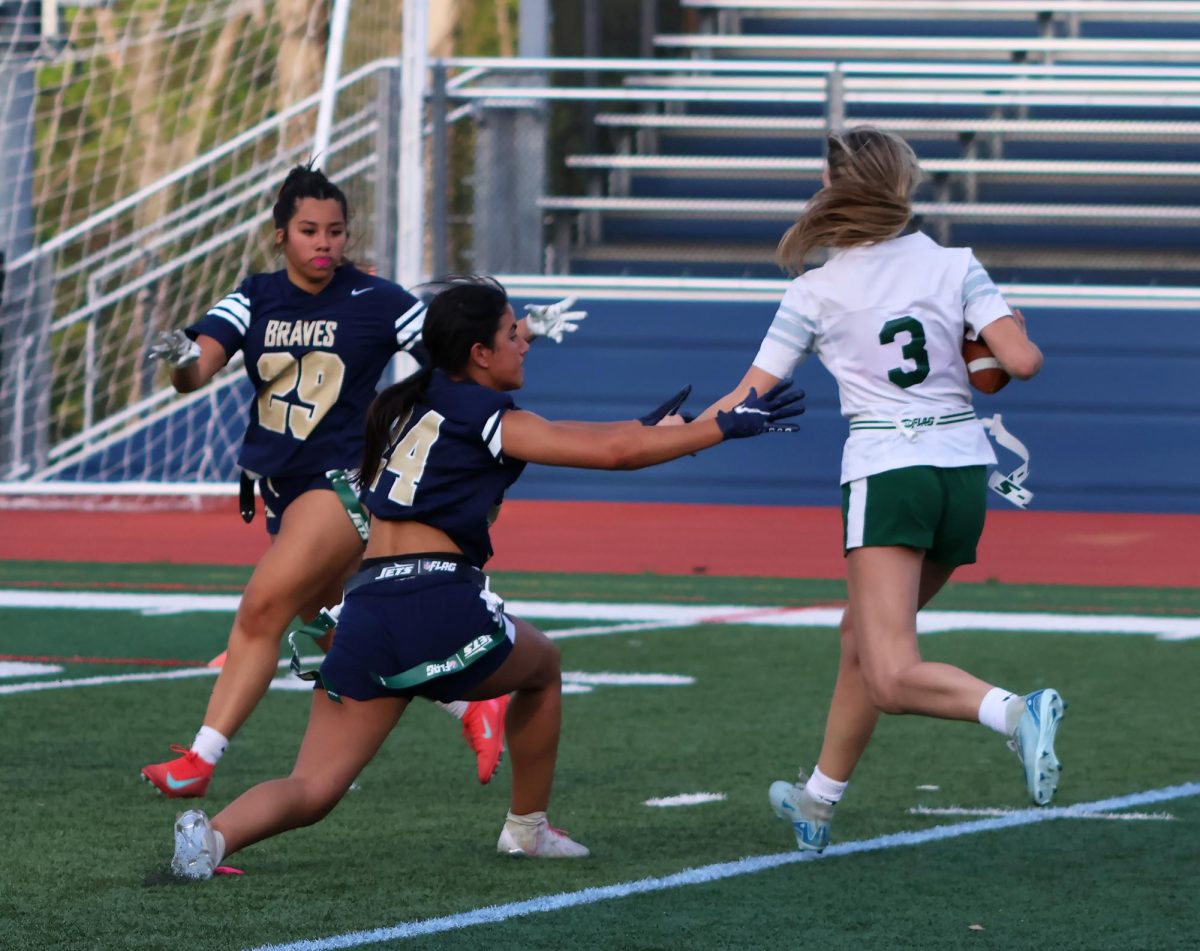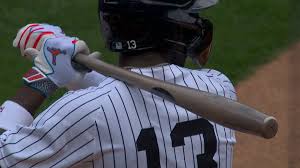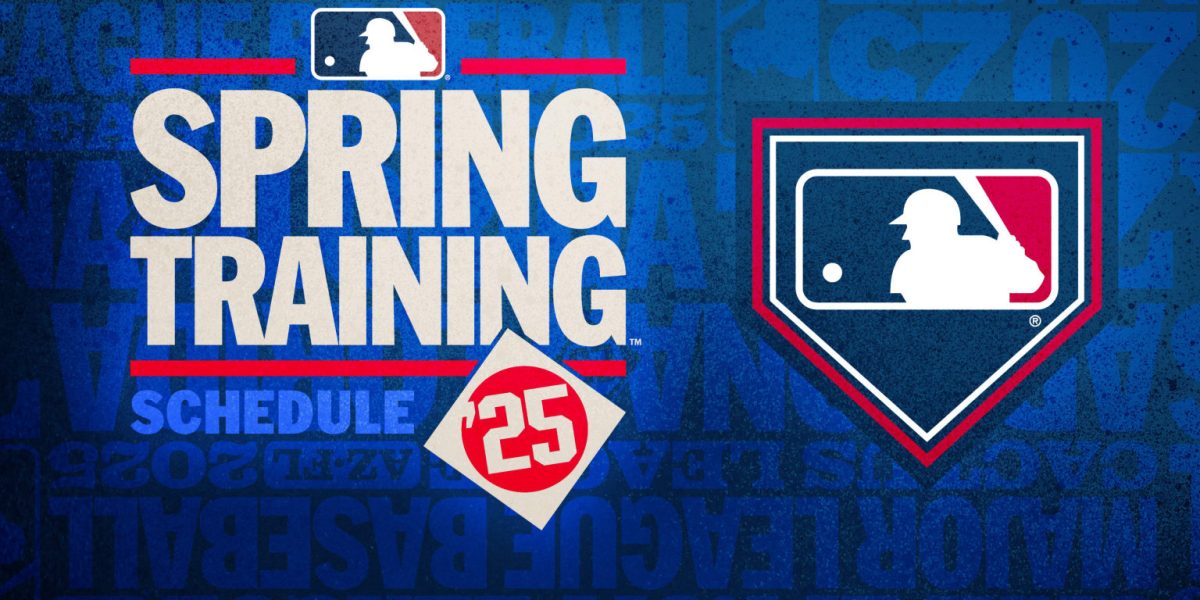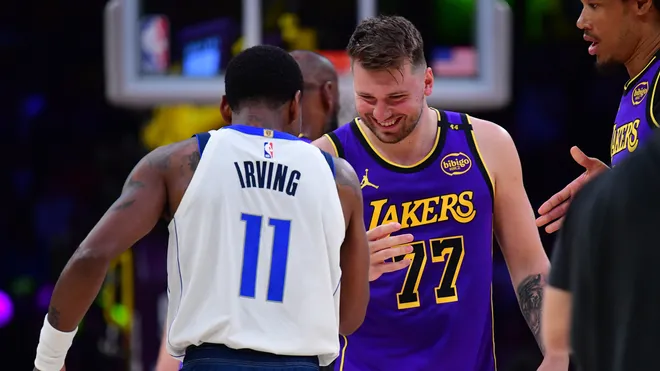Now one might be thinking, what exactly is the NIL? Well, the acronym NIL stands for Name, Image, and Likeness, a school policy that allows college athletes to profit from advertisements, memorabilia, music, and much more. Through NIL deals, student-athletes can earn money by promoting major brands such as Nike, Outback Steakhouse, and one of the most highly anticipated sports video games, College Football 25.
Who receives these endorsement deals varies based on skill, impact, leadership, or, in some cases, sheer fame. The three highest NIL earners of all time among college athletes are basketball player Bronny James, quarterback Shadeur Sanders, and gymnast/influencer Livvy Dunne.
Bronny James, the highest-paid college athlete, has earned a grand total of $5.9 million over his one-year college basketball career at USC (University of Southern California). Meanwhile, University of Colorado Quarterback Shadeur Sanders’ has amassed $6.5 million in NIL earnings, thanks to both his talent and the added recognition of being the son of NFL legend Deion Sanders. Sanders has secured deals with major brands like Gatorade, Google, and Beats. Lastly, LSU gymnast and social media influencer Livvy Dunne has leveraged her massive online presence to earn approximately $4.2 million through NIL endorsements.
Each state has its own rules and regulations to ensure college athletes can profit safely. For example, New Jersey’s NIL laws prohibit student-athletes from signing deals related to alcohol, gambling, tobacco, controlled substances, and weapons. Additionally, NIL agreements cannot conflict with a team’s existing contracts, as noted by NILNetwork.com.
As of today, every state except Alabama allows NIL for college student-athletes. Some colleges are even implementing their own rules, partnering with companies like Opendorse and Teamwork, which provide platforms for athletes to submit and receive approval for NIL contracts, according to NCSASports.org.
Before joining the Denver Broncos as the 12th pick in the 2024 NFL Draft, Bo Nix was the starting quarterback of the Oregon Ducks, and before that, he was the quarterback of the Auburn Tigers. During his time at Auburn, Nix had two NIL deals signed, one with Milo’s tea company and the other with Bojangles. After his two successful endorsement advertisements, Nix secured the bag with Topps, with other notable college football players. According to sportskeeda.com, Nix’s NIL partnerships landed him at a whopping $1.8 million as of November 2024 (6th best in college football and 8th in all college sports).
The impact of NIL deals on college sports has affected the game tremendously for the past three years since being passed in June 2021. So, one may be thinking, how could NIL ruin college sports? Well yes, student-athletes are earning money by spreading their name, image, and likeness, but that is completely changing college sports. Some athletic programs on certain campuses like Michigan or Ohio State have much more money than other schools that are a bit smaller like East Carolina or Memphis. For example, during the Seton Hall vs. DePaul basketball game on January 8th, 2025, fans were holding up signs protesting for the NCAA to end the NIL. Why? Well, Seton Hall can’t afford to become a competitive team like UConn or Alabama because they do not have enough money to pay their players. Players are entering the transfer portal and hoping to be bribed into joining a school for just the money. College is supposed to be for education and it is unfair for other students to see student-athletes participating in NIL and being able to do things a normal college student may not be able to typically do.








